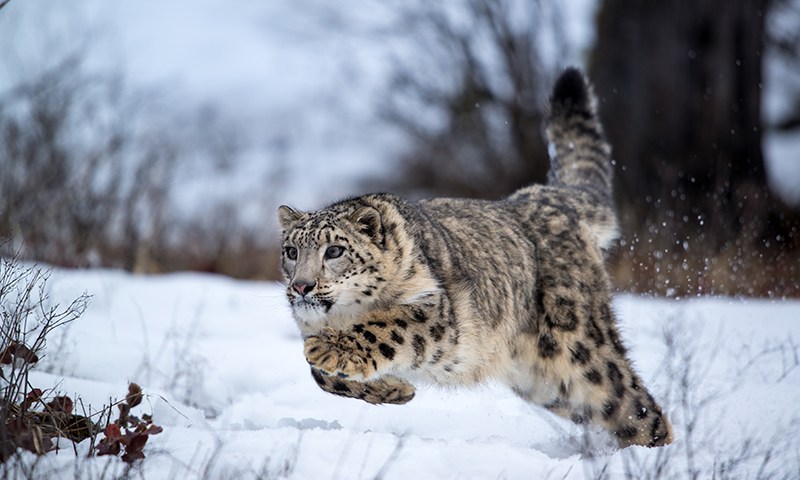News Desk |
Baltistan Wildlife Conservation and Development Authority is among the 15 organizations worldwide that would be awarded an Equator Prize in 2017. The award was launched by United Nations in 2002 to appreciate the community efforts that are made to reduce poverty through the conservation and sustainable use of biodiversity.
Out of the 800 contestants from 120 countries across the world, Pakistan’s effort outperformed other contenders and eventually steered it to the list of top 15.
BWDCO has therefore cemented another example about how the essence of community participation and ownership can lead to the solutions of complex problems
The Wildlife department has been catching the attention of international institutions since they have been trailblazing to protect endangered Snow Leopard in the northern part of the country, through community participation.
Read more: The Game of Kings at Shandur
With the application of innovative ideas such as insurance schemes and financial compensation for the livestock losses that result from Snow Leopard attacks, the organization has made the successful implementation so far in 17 villages.
The General Manager Ghulam Muhammad is expected to travel to the United States of America to attend the high-profile ceremony to be held in New York on September 17th, in which they will receive an award money of $10,000 in return for the recognition of their efforts.
He informed that the project of conserving Snow Leopard was initiated in 1999 with the pinning ideas of compensation and insurance schemes introduced by Dr. Shafqat Hussain, an Associate Professor in the US.
The Economics of the Project
The average incomes of the people and the peasants in the region are around $500. In case of attacks from the Snow Leopards on the livestock of the farmers with marginal income, they face immeasurable losses.
A total of $30,000 has been paid so far for more than 280 livestock through more than 100 claims
According to the survey from 1980 to 2000, each year 10 Snow Leopards were killed by farmers and residents in a bid to save their livestock.
There are only around 300 to 400 Snow Leopards surviving in Pakistan today. Almost 80% of the total population is found in the forested mountainous areas of Gilgit-Baltistan.
The surviving rate has been stabilized within 15 years since the policy of killing the Leopards were shunned by the villagers after the introduction of the scheme.
Read more: Pakistan’s dormant tourism industry
The primary aims of the scheme are to help the villagers recover the losses and to also make sure they are willing to co-exist with the animals, especially Snow Leopards.
The scheme is basically a co-financing endeavor which ensures that farmers have a financial stake in the scheme, hence they are the co-owners of the program
The payment is made from the funds that have been collected from farmer’s premium payment and the donations from BWDCO (25% from farmers and 75% from BWDCO.)
The scheme is basically a co-financing endeavor which ensures that farmers have a financial stake in the scheme, hence they are the co-owners of the program.
A Snow Leopard can at average kill from 10 to 30 goats in the herd a year; which on average makes the 2% of the total herd. This 2% needs to be raised through the insurance premium.
Each goat premium is 200 but with the subsidy given to about 50%- 80%, each farmer is expected to pay a premium between Rs 50 to 100.
A total of $30,000 has been paid so far for more than 280 livestock through more than 100 claims.
Read more: KPK shines and so does Pakistan: Billion Tree Tsunami Project
Other Achievements
BWDCO has, on the other hand, helped the villagers build 50 predator-proofs corals to protect the livestock from attack.
BWDCO has therefore cemented another example about how the essence of community participation and ownership can lead to the solutions of complex problems.














